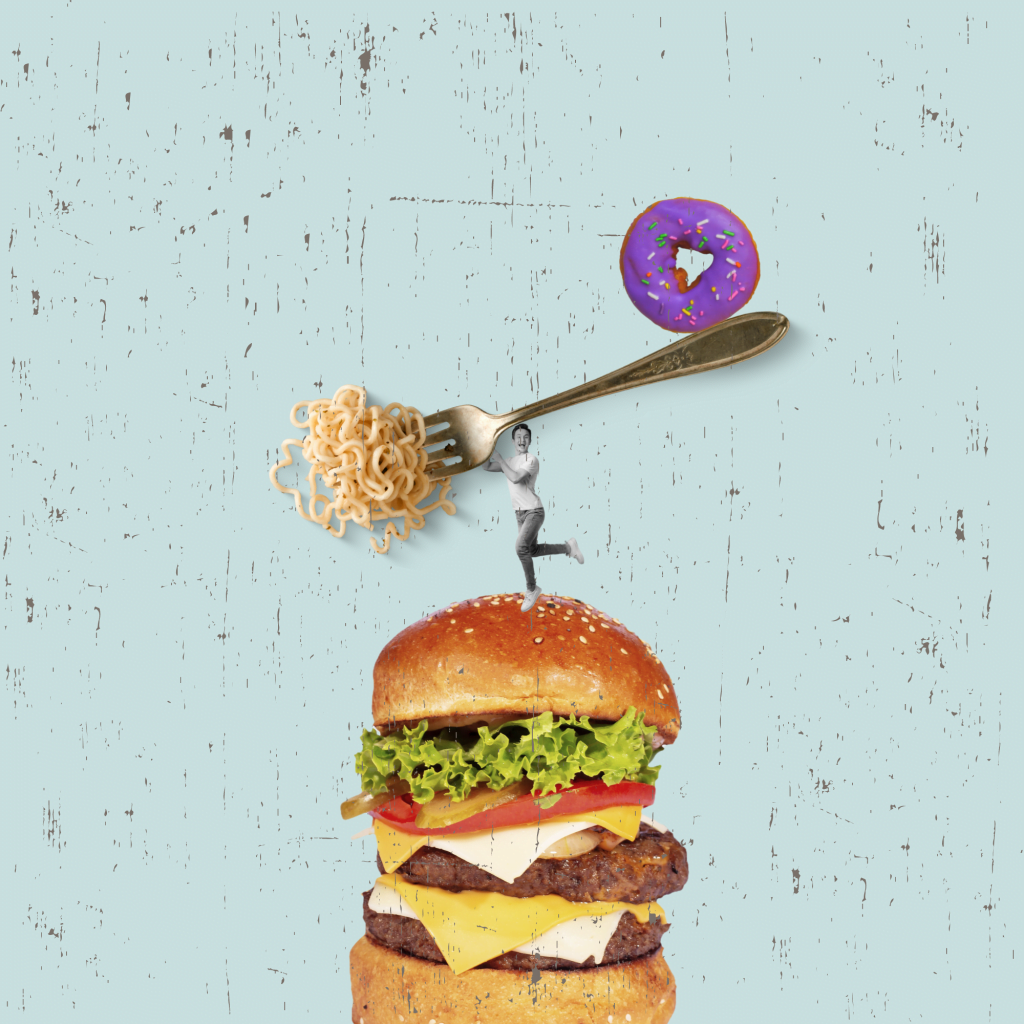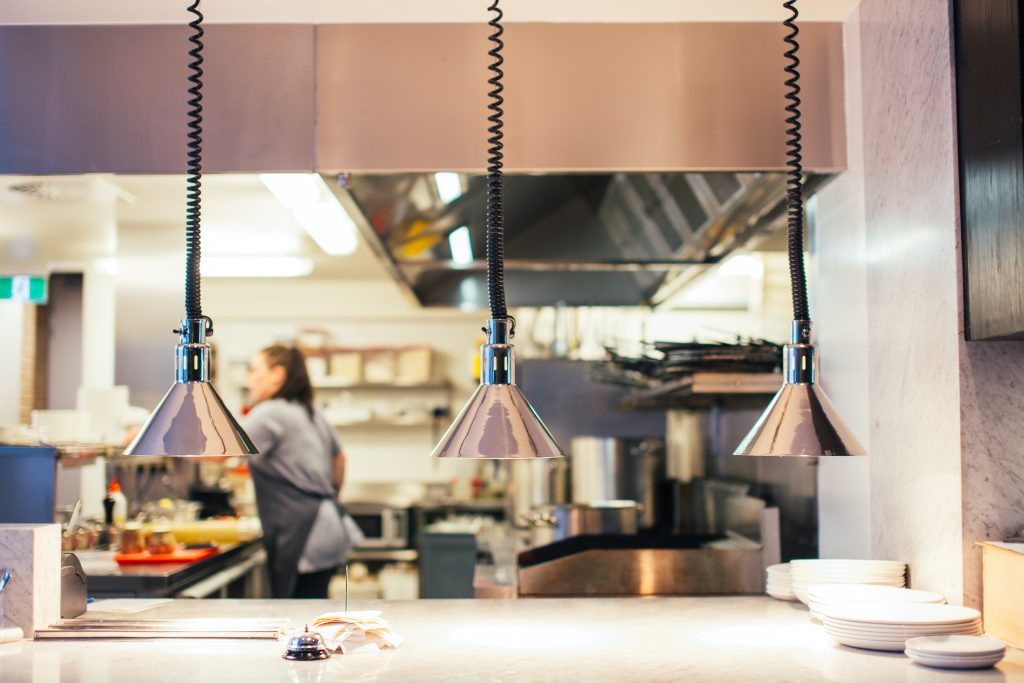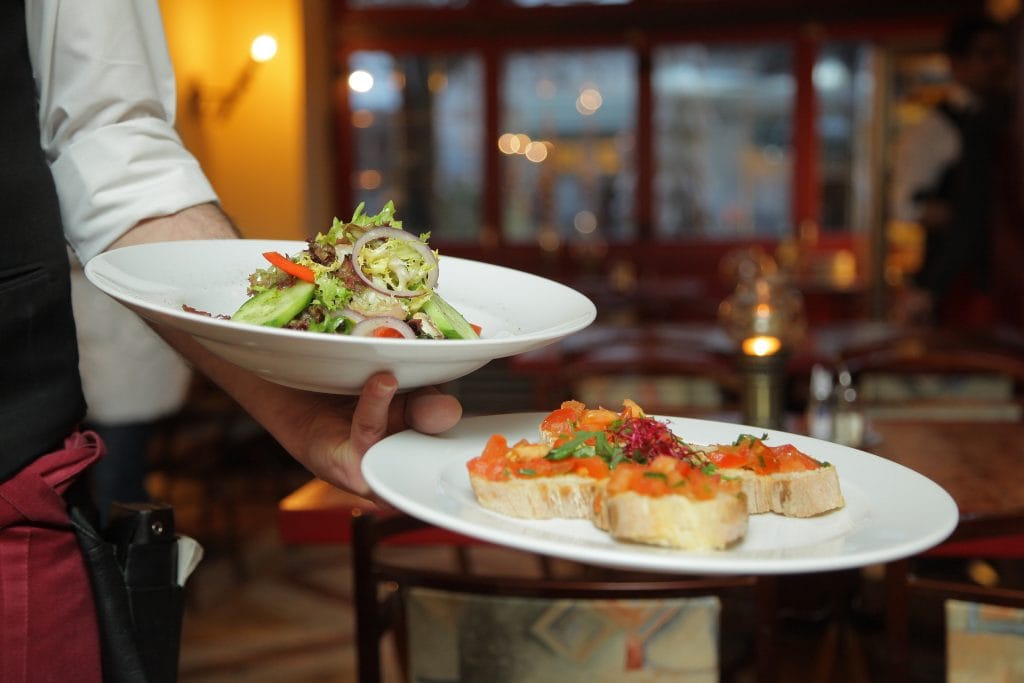Everything you need to know about the F&B industry: job opportunities for students and beginners, potential salary, in-demand skills, and more.
First things first: What is the food and beverage industry?
Behind everything you eat and drink is a complex process executed by the F&B industry. They process, pack, transport, prepare, and serve these goods. The industry includes restaurants, cafes, bars, delis, fast food joints, catering companies, food manufacturing companies, food transportation services, beverage services, and other hospitality establishments.
While it may vary from job to job, this track is generally a fast-paced and highly competitive industry. Restaurant jobs, for instance, usually involve working unconventional hours and holiday shifts.
That said, there’s a buffet of opportunities across the globe. With the well-rounded and transferable skills you learn on the job, you can move anywhere and find employment in the sector. You can even travel while working if you get a job on a cruise ship.

What are the career opportunities in this industry?
- Kitchen a.k.a. back of house: Most kitchens follow the French brigade system which is basically a line of command designed to keep things running smoothly.
Smaller kitchens usually consolidate positions in the hierarchy, while larger kitchens tend to be made up of more distinct roles. For instance, a larger kitchen will likely have a pastry chef who’s in charge of the confectioner and baker, while a smaller kitchen might have one person responsible for all three roles.
As a beginner, you can start as a dishwasher, an all-around kitchen helper, or a line cook assigned to a particular section. From line cook, you can work your way up to deputy chef or sous chef, who is the second in command and is more involved in the day-to-day operations.
The head chef manages the whole kitchen. They supervise the team, develop recipes, approve dishes before being sent out to customers, manage inventory and expenses, and uphold health and safety standards.
At the very top of the hierarchy is the executive chef, a position which is more common in larger kitchens. They usually manage multiple kitchens and are not as involved in the day-to-day operations.
In some cases, one person or a handful of people take on all the kitchen roles—we’re talking private chefs, food truck vendors, and small catering companies.

- Front of house: Outside the kitchen is the customer-facing staff. The host welcomes guests and stays on top of their needs, from dietary restrictions to special arrangements for occasions.
The servers (also called the waiting staff, waiters, or waitresses) take care of the guests from the moment they’re seated until they call for the bill or check.
The bussers assist servers mainly by setting and clearing tables. Depending on the kind of establishment, the servers may be the bussers as well, and there may or may not be a host.
The front of house staff also includes bartenders who are in charge of drinks, sommeliers in charge of wine, and baristas in charge of coffee.

- Administration and management: Managers oversee the operations from the front of house to the back of house. They manage the employee schedule, workflow, inventory, and other administrative concerns.
This sector also includes food buyers or purchasers, who liaise with third-party vendors or suppliers on behalf of their F&B establishment. On the flipside are food brokers, who market products from food manufacturers to restaurants, stores, and the like. - Production and controlling: Going beyond the kitchen and front of house, the food industry covers a wide range of other job opportunities. Manufacturers create wholesale food products. Craft brewers develop beer.
Food scientists and food technologists develop new food sources and new production processes. Packaging developers design functional and efficient food packaging. Food safety inspectors ensure that establishments are following health and safety guidelines.
- Branding and marketing: As the saying goes, “You eat with your eyes first.” This is where interior designers, food stylists, and photographers come in. They make the place and the food look visually appealing, following the guidelines set by the branding team.
The marketing team takes these visuals, pairs them with attention-grabbing copy from the food writers or communications staff, and presents a cohesive whole to customers.
These are just some of the job opportunities you’ll find in this industry. The salary primarily depends on the position you apply for and your work experience.

So how do you start?
The kitchen and front of house are two great entryways for beginners with no work experience yet. Even as a student, you can apply to be a server or waiting staff, a dishwasher, or an overall kitchen helper or runner.
If there are no entry-level openings, you can get one foot in the door through an apprenticeship or a stage (pronounced “staj,” the French word for internship). To start staging, it’s as simple as contacting the restaurant online or physically approaching the staff when it’s not a busy time.
They may decline or not respond—or they may ask you to start right away! What’s important is that you reach out and have your contact details and availability ready.
From there, you can learn the ropes and see which path you want to pursue. You’ll also have immediate access to new job openings and you could leverage your performance to apply for those. As you gain more work experience, you can use it to your advantage even if you apply for jobs in other sectors of the industry.

What qualifications do you need to get a job?
Depending on the position, some establishments may require a culinary arts degree or culinary certificate. But generally speaking for kitchen and front of house jobs, work experience carries greater weight especially if you have stellar references from past jobs.
Even if you do go to culinary school, you typically have to do an internship or work placement. Take it from our Industry Coach Russell Doctrove, who is a consultant chef to different restaurant owners and the founder of Hong Kong’s Patty Boi, with over 10 years of experience in the field.
As an intern, he chose a hotel to have first-hand experience in different kitchens like banquet, fine dining, poolside, and room service. “Every month, I would move to a different section of the hotel, which gave me a really good idea of how all these different kitchens function and the different stress levels in each kitchen,” he says.
“In a banquet kitchen, you’re cooking for 500 to 1,000 people every day so it’s very labor intensive. Whereas in an Italian restaurant, you may be serving fewer people but the food is a little bit more technical and precise. That experience reassured me that this was what I wanted to do as a career.”
It’s important to do your best and work well with others because this is where you can make invaluable connections. In Russell’s case, his internship boss previously worked at a Michelin-starred restaurant. He referred Russell to the prestigious restaurant and basically assured Russell a job as soon as he graduated.

What’s the secret sauce to succeeding in food and beverage service?
There’s a reason we have the saying, “If you can’t stand the heat, get out of the kitchen.” Working in the kitchen or front of house is a high-pressure situation that calls for not just technical skills but soft skills as well.
Whether you’re working in the kitchen or serving customers, you need to be able to convey information clearly and concisely. This means actively listening, clearly speaking, and adapting your communication style to suit different people and situations. Strong communication skills can help you build positive relationships with customers, coworkers, and suppliers.
“It’s a very small industry,” says Russell. “In any country, you’ll find that a lot of people that work in the industry all know each other or they all know somebody who knows somebody. Reputation is very important.”

You’ll also need to think on your feet and be flexible in your approach to work. Russell says, “The kitchen is one of those environments where you need to learn very quickly. One day you may be working in the cold starter section and someone in the section next to you just doesn’t show up. So you’re immediately promoted to that position and it’s a sink-or-swim situation. It’s tough but you learn so much.”
There are days when you may have to deal with a difficult customer, a broken piece of kitchen equipment, a shortage of ingredients, or all of the above and then some. You need to identify the root cause of problems and find creative solutions to put out fires, sometimes literally.
By developing strong problem-solving skills, you can become a valuable asset to any team in this industry—and even beyond as these are all highly valued and transferable skills.

Want to learn more about F&B and other modern industries?
Sign up for Office Hour, our online thought leadership series where you can get exclusive access to relevant case studies, gain tacit knowledge by solving real-world problems, and receive live feedback from industry experts.





